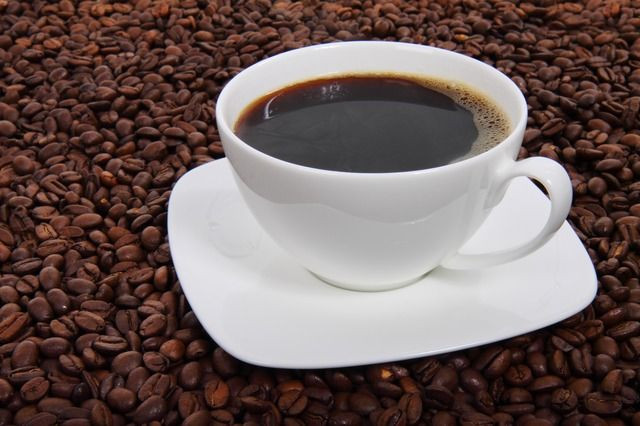Coffee Linked to Vision Loss

For many workers, caffeinated coffee is a necessity rather than a dietary option. A new study, however, links java with vision loss, and says that as little as three cups a day could be putting drinkers at risk.
The study, published in the journal Investigative Ophthalmology and Visual Science, looked at 79,120 women and 42,050 men for a total of 121,170 participants. The researchers found them through the Nurses' Health Study, which examined the years 1980 to 2004, and the Health Professionals Follow-Up Study, which tracked the years 1986 to 2004. All participants were at least 40 years old and none had glaucoma at the beginning of the survey. The researchers, led by Jae Hee Kang from Brigham and Women's Hospital and Harvard Medical School, assessed the men and women with questionnaires asking about their caffeine consumption, as well as with medical records.
Researchers were looking for incidences of exfoliation glaucoma. Exfoliation syndrome is the most common cause of secondary glaucoma in the world, especially in people of European descent. In about 10 percent of the population over the age of 50, the eyes become coated with a whitish material that looks like dandruff flakes. These flakes rub off the pigmentation of the iris and are, in turn, rubbed off the lens of the eye. While not all people with the syndrome develop glaucoma, chances of developing the condition are six times higher than people without exfoliation syndrome. Glaucoma can, in turn, lead to vision loss or blindness, if left untreated. Glaucoma is manifested by high pressure inside the eye, damage of the optic nerve and vision loss.
Researchers were intrigued by a possible link between glaucoma and coffee because, as Jae Hee Kang says, "Scandinavian populations also have the highest consumption of caffeinated coffee in the world, and our research group has previously found that greater caffeinated coffee intake was associated with increased risk of primary open-angle glaucoma."
Compared to abstainers, coffee drinkers were significantly more likely to develop exfoliation glaucoma or glaucoma suspect, which is when patients do not exhibit all three criteria for the condition. Interestingly, that correlation did not exist for other caffeinated drinks, like soda or tea, or in decaffeinated coffee. Women with a family history of glaucoma also had an elevated risk for developing the condition.
The team of researchers hopes that their study will provoke more research into the cause of exfoliation glaucoma, which is largely a mystery.



























